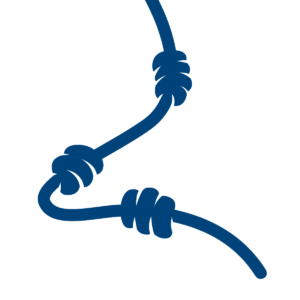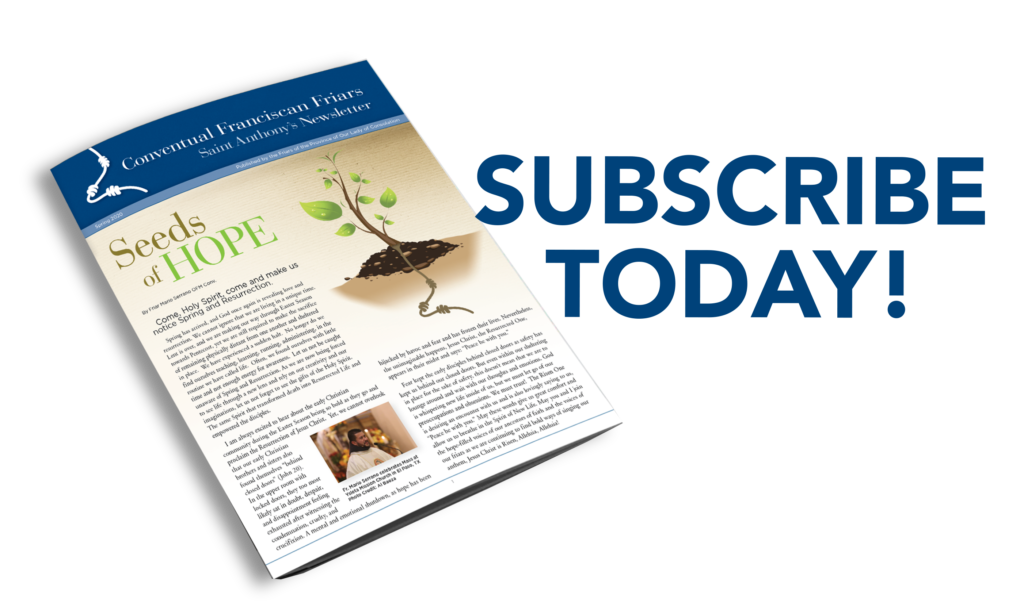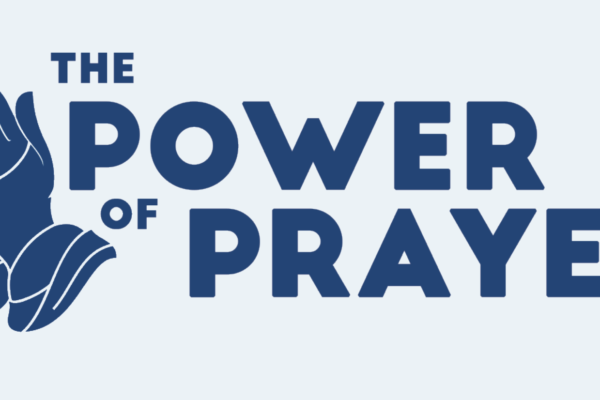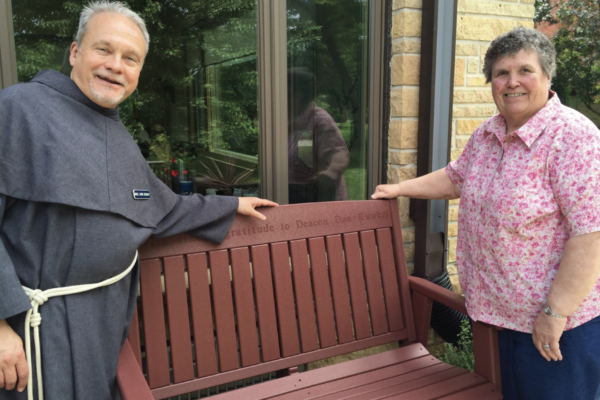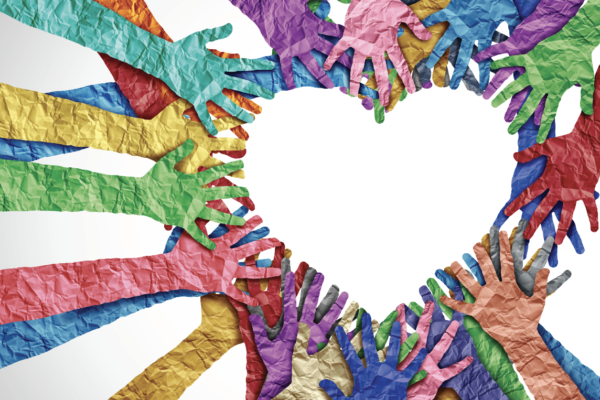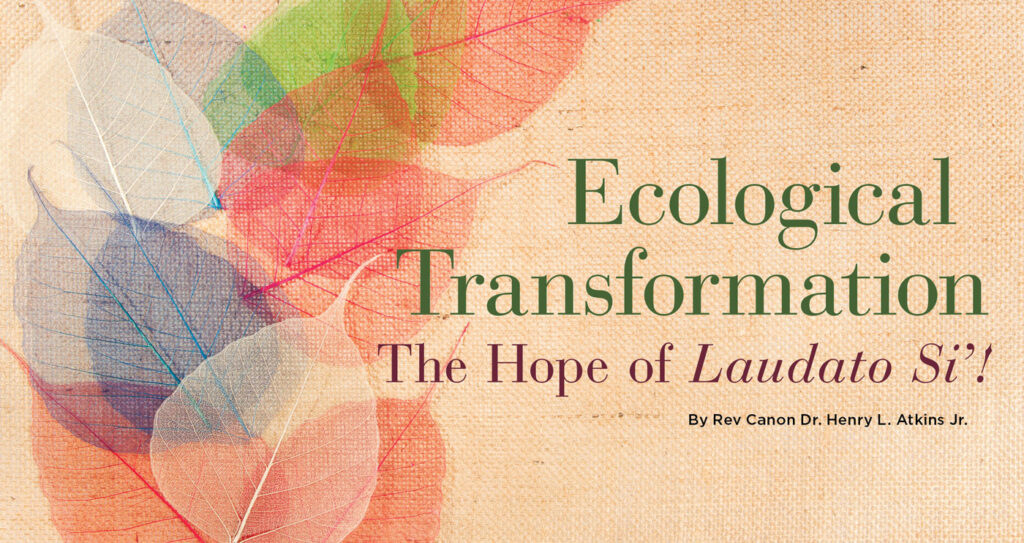
In 2018 the Vatican held an international conference to celebrate the third anniversary of the publication of the encyclical Laudato Si’! Many ecological experts and theologians from various parts of the world were present.
Toward the end of the conference an indigenous elder from Greenland, Angaangaq Angakkorsuaq spoke for seven minutes, with no PowerPoint, only his simple words. He began by stating that he came from the oldest crust of Earth, that’s Greenland. He stated that his family had lived there for five thousand years, one kilometer from the Big Ice. He pointed out that when he was born “the Big Ice…was on average five kilometers thick. Today it is only about two kilometers thick. A slow-motion disaster is unfolding. The wisdom of the Big Ice is disappearing.”
Former Vice President Al Gore has warned us that in the next twenty years we could see a billion and a half climate refugees. The World Bank estimates that in the next ten years the climate crisis could put 100 million more people into deep poverty (earning less than $2.00 per day.) Air pollution from fossil fuels is responsible for almost 9 million deaths worldwide each year. Today 90% of children globally are exposed to unhealthy levels of particulate pollution (from burning Fossil Fuels). By 2025, it is estimated that 5 billion people, out of a total global population of 8 billion will experience water stress.
We have forgotten the words of Thomas Berry who said, “What you do to the earth you do to God.” We know and yet we continue to crucify the divine presence incarnate in our common home, the planet Earth.
In St. Francis, we see a life filled with deep reverence and compassion toward the universe and all members of the cosmic and planetary community. St. Francis was clear that we could contemplate God and the splendor of God’s grace and glory in the extensive wealth of creation, which he perceived as the great sacrament of God. Pope Francis has called us – the human community – to heed the cry of the earth and the poor, to explore new ecological-economic systems, to adopt simple lifestyles so that others may simply live, to engage in ecological education, to develop new forms of ecological spirituality which will lead to ecological conversion, and to engage in community involvement and participation– actions to promote care for creation at all levels.
Pope Francis has said that a true integration of humans with the rest of nature – an integral ecology – will take us into the “heart of what it is to be human.” A place which expresses a cosmic sense of the common good.


